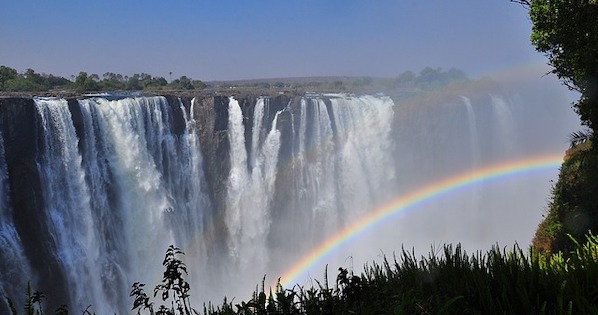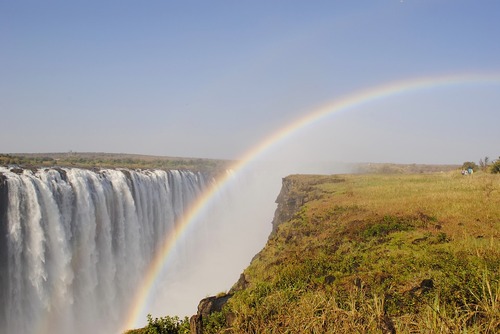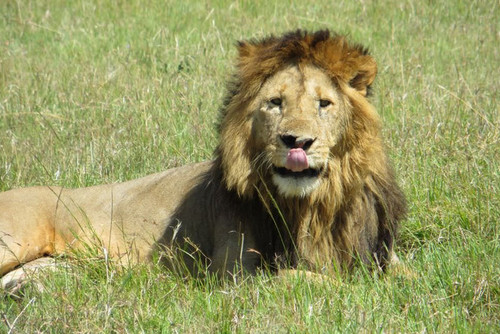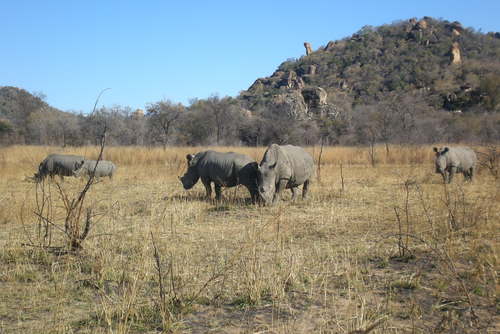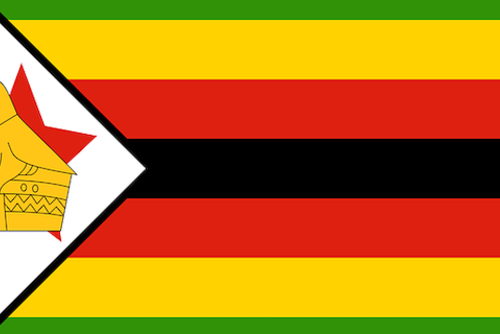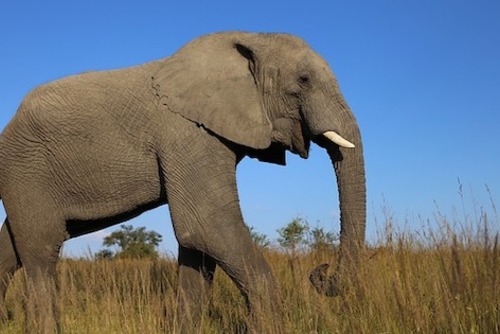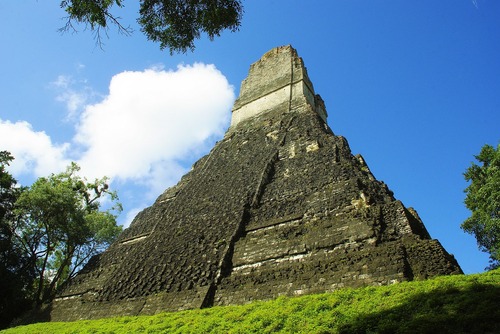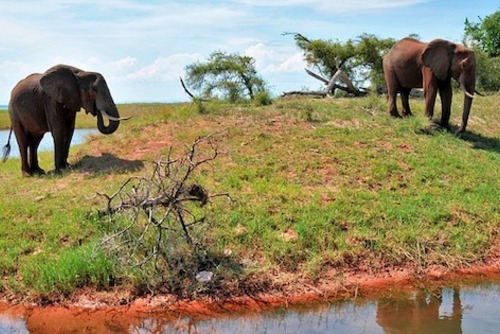Travel to Zimbabwe
Zimbabwe is full of colour, culture and history with exotic wildlife, friendly locals and also a spectacular coastline. Our destination guide aims to give you all the information you need to have an amazing experience in this amazing country.
Find affordable travel and backpacking ideas with advice for amazing things to do and how you can be more than just your average traveller. You can also get recommendations for budget travel tips, where to stay and advice how to stay safe.
Get inspired to visit Zimbabwe today!
- Capital - Harare (population 1,600,000)
- Currency - US Dollar (de facto)
- Country Area - 390,750 km2
- Population - 12,500,000 (2009 Census)
- Language - English, Shona, Sindebele + local languages
- International Dailing Code +263
Weather & Best Time to Visit
Zimbabwe has a tropical climate that is very dry and warm throughout the year apart from November to April when it can be humid and also rainy. Temperatures can be very high well in the 30's so be aware of this. Winter can be the best time to visit Zimbabwe if you are interested in seeing wildlife but sometimes this period can get very cold and frosty at night so you will need to pack accordingly.
Health & Safety
You will need to check about vaccinations before departing, we recommend you contact your local doctors in advance to get advice. Due to the recent political problems and poverty, medicines can be in short supply at hospitals so pack a first aid kit. Going to be checked or treated at a private hospital / medical centre is your best options as these places have a higher standard of facilities and treatments available. We recommend searching for a good medical insurance before departing, this should cover you for any problems or emergencies.
HIV and AIDS are both big issues in this country and malaria can be contracted in some areas of the country, it is up to you whether you take medication to prevent malaria but take precautions like using repellent, a net and cover your body at night. You might also want to get a jab for rabies. If you get seriously ill you might want to consider crossing into South Africa where hospitals and healthcare facilities are generally a higher standard.
Zimbabwe is a lot safer than you might think but its always best to read up before leaving, also be prepared for the sunny weather, it is advised to pack light with plenty of sun cream.
These are some recommended hospitals and clinics in Zimbabwe:
- Harare: The Avenues Clinic, Cnr Mazowe Street & Balines Avenue. Tel: 251180 99
- Harare: Trauma Centre, Lanark Road, Belgravia. Tel: 7000666/815)
- Bulawayo: Central Hospital. Tel: 72111
- Galen House Emergency Medical Clinic. Tel: 540051)
Travelling & Backpacking in Zimbabwe
Most internationals arrive by flying direct into Harare or crossing the border from a neighboring country. Our authentic holidays will provide you with the chance to travel like a local, meet new people and learn more about the places you visit. You will get to see spectacular wildlife in their natural habitat.
Here are some of the best places to visit and add to your Zimbabwe travel itinerary:
- Victoria Falls
- Mombassa
- Harare
- Bulawayo
- Mutare
- Masvingo
- Kadoma
- Kariba Lake
- Chinhoyi
- Lake Mutirikwi National Park
- Gonarezhou National Park
- Matobo National Park
- Nyanga National Park
- Hwange National Park
- Mana Pools National Park
- Matusadona National Park
Gap Year in Zimbabwe
View ideas for visiting Zimbabwe - this country is safer to visit than what you might think. Zimbabwe is easily accessible from international airports and you can also cross the border from neighboring countries so getting here also isn't too difficult. When looking to take a gap year in Africa, a lot of people sometimes overlook Zimbabwe but there are so many fantastic programs available including traveling, working with animals, teaching or coaching sports.
Most gap year programs we have listed on our website will require you to be aged 18+ and be in good health - no previous skills are needed for most placements although if you want to work in veterinary or medicine you might be asked to provide certificates or a relevant degree before you are allowing hands on work. programs are open to students, non students, career breakers and anyone who wants to help make a difference in Zimbabwe.

